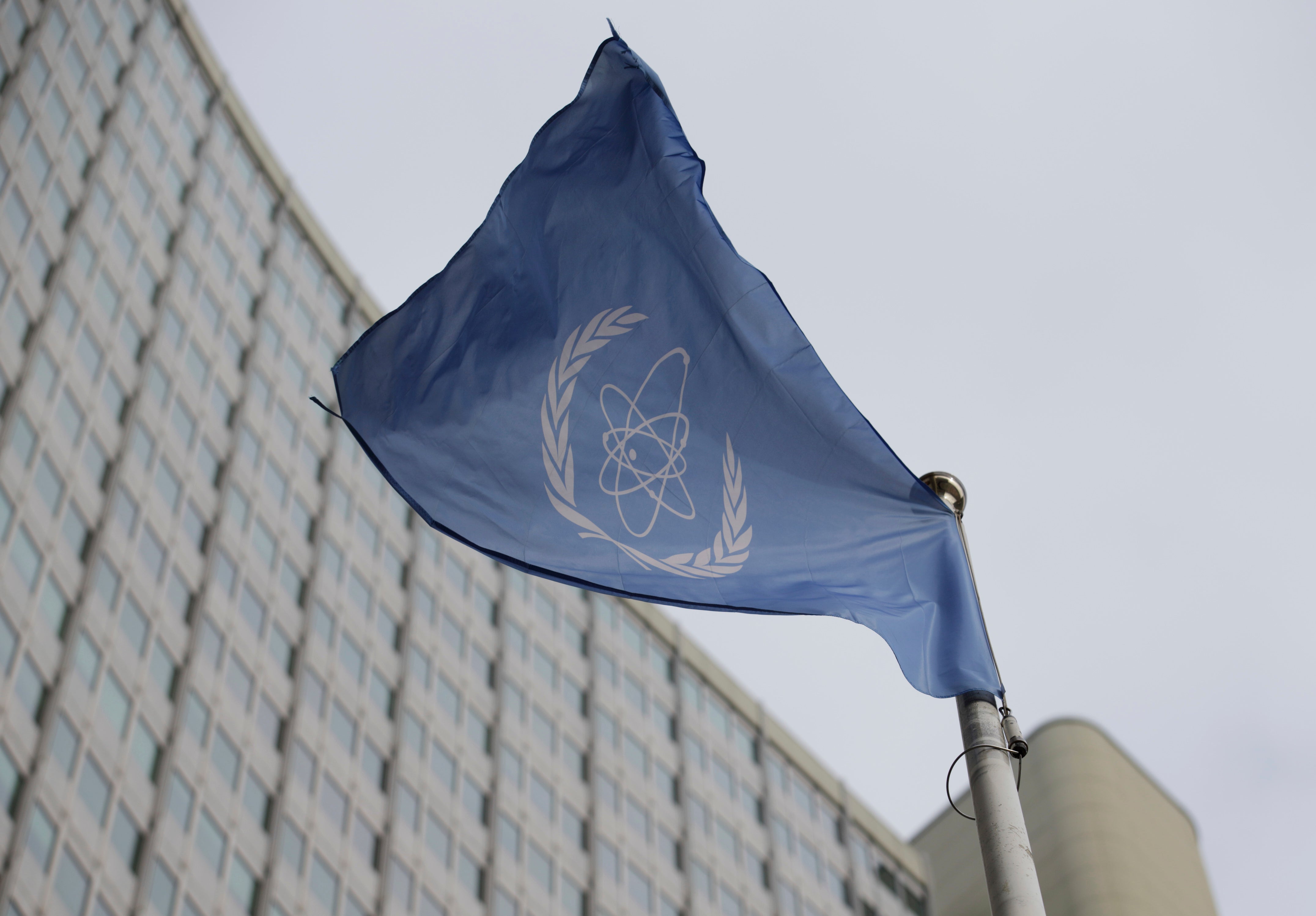UN nuclear agency's board votes to censure Iran for failing to cooperate fully with the watchdog
Diplomats say the U.N. nuclear watchdog’s board has censured Iran for failing to cooperate fully with the agency

The U.N. nuclear watchdog's board on Wednesday censured Iran for failing to cooperate fully with the agency, diplomats said, calling on Tehran to provide answers in a long-running investigation and reverse its decision to bar several experienced U.N. inspectors.
The development comes just over a week after a report by the International Atomic Energy Agency said Iran has further increased its stockpile of uranium enriched to near weapons-grade levels, he latest in Tehran’s attempts to steadily exert pressure on the international community.
The vote by the 35-member board at the IAEA headquarters in Vienna sets the stage for a likely further escalation of tensions between the agency and Iran, which has reacted strongly to similar previous resolutions.
Twenty members voted for the resolution, while Russia and China opposed it, 12 abstained and one did not vote, according to diplomats. They spoke on condition of anonymity to describe the outcome of the closed-doors vote. The resolution was put forward by France, Germany and Britain.
Censure resolutions by the IAEA board are not legally binding but send a strong political and diplomatic message.
The resolution, a draft of which was seen by The Associated Press, called on Tehran to implement a joint statement between Iran and the IAEA from March 2023. In that statement, Iran pledged to resolve issues surrounding sites where inspectors have questions about possible undeclared nuclear activity, and to allow the IAEA to “implement further appropriate verification and monitoring activities.”
Inspectors have said two sites near Tehran bore traces of processed uranium. The IAEA has urged Iran to provide “technically credible” answers about the origin and current location of the nuclear material in order for it “to be in a position to provide assurance that Iran’s nuclear program is exclusively peaceful.”
While the number of sites about which the IAEA has questions has been reduced from four to two since 2019, those lingering questions have been a persistent source of tensions.
The IAEA has identified the sites as Turquzabad and Varamin. The IAEA has said inspectors believe Iran used the Varamin site from 1999 until 2003 as a pilot project to process uranium ore and convert it into a gas form. The IAEA said buildings at the site had been demolished in 2004.
Tehran insists its program is peaceful, though the West and the IAEA say Iran had an organized military nuclear program until 2003.
Turquzabad is where the IAEA believes Iran took some of the material at Varamin amid the demolition, though it has said that alone cannot “explain the presence of the multiple types of isotopically altered particles” found there.
In an apparent attempt to raise the pressure on Tehran, the resolution approved Wednesday states that IAEA Director-General Rafael Mariano Grossi may need to prepare a “comprehensive and updated assessment” on unresolved issues surrounding Iran’s nuclear program, if there is “a continued failure by Iran to provide the necessary, full and unambiguous co-operation” to resolve the unanswered questions.
The IAEA board last censured Iran in November 2022. Iran retaliated by beginning to enrich uranium to 60% purity at its Fordo nuclear plant. Uranium enriched at 60% purity is just a short, technical step away from weapons-grade levels of 90%.
Iran responded to a previous resolution in June 2022 by removing IAEA cameras and monitoring equipment from its nuclear sites.
Iran in September barred several experienced U.N. inspectors from monitoring the country’s nuclear program. Grossi said at the time that the decision constituted “a very serious blow” to the agency’s ability to do its job “to the best possible level.”
Under a 2015 deal with world powers, Tehran agreed to limit enrichment of uranium to levels necessary for generating nuclear power in exchange for the lifting of economic sanctions. At the time, U.N. inspectors were tasked with monitoring the program.
However, tensions steadily grew between Iran and the IAEA since 2018, when then-President Donald Trump unilaterally withdrew the United States from the nuclear deal. Since then, Iran has abandoned all limits the deal put on its program and quickly stepped up enrichment.
Bookmark popover
Removed from bookmarks